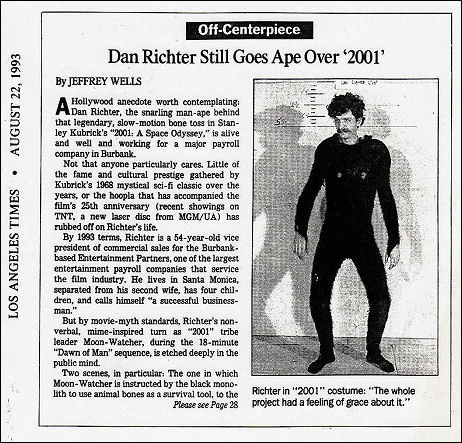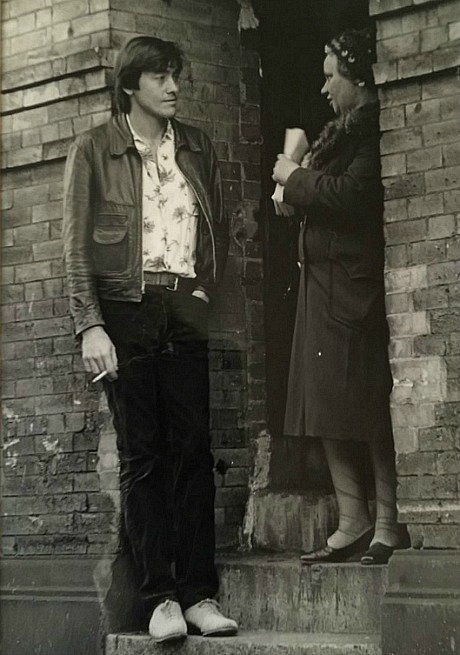Sasha Stone and I recorded an Oscar Poker chat three or four hours ago. We began by discussing the big, ridiculous Twitter blow-up over my posting of those four horrible words (“Forget women seeing this”) at the end of an otherwise laudatory tweet about The Revenant. I let go with a fair amount of anger about this episode, but at least it’s real. After hashing this out we began discussing Best Picture contenders with a special focus on Creed, Joy and The Hateful Eight. The general assumption is that if the Joy consensus is exuberant seven days hence then the Best Picture Oscar contest will basically be a Joy vs. Spotlight thing with Creed and The Martian duking it out as the populist popcorn favorites. Again, the mp3.




